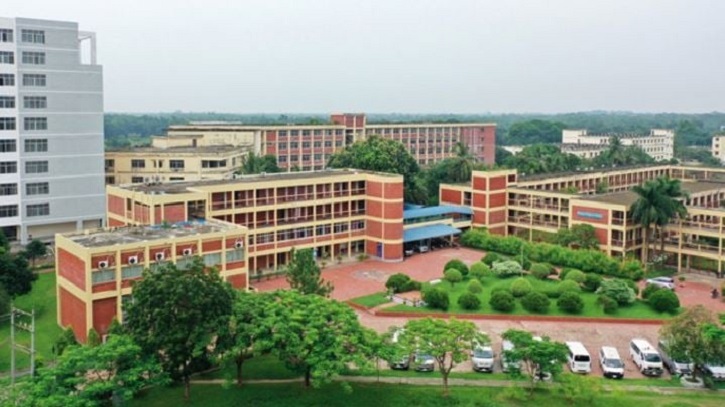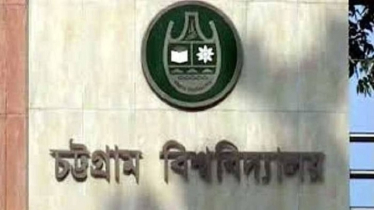
The government has approved a major infrastructure development project worth Tk 567.29 crore for Gazipur Agricultural University, aimed at enhancing higher education and agricultural research in the country. The project, titled “Infrastructure Development of Gazipur Agricultural University,” received approval at the Executive Committee of the National Economic Council (ECNEC) meeting held on Tuesday.
The project, proposed by the Secondary and Higher Education Division of the Ministry of Education, will be fully funded by the Government of Bangladesh. The project area falls under the jurisdiction of Gazipur City Corporation, an emerging educational and industrial hub within the Dhaka Division.
Government officials expressed optimism that the project will strengthen Bangladesh’s position in agricultural education, improve the university’s international ranking, and attract more foreign students.
An official from the Planning Commission told BSS that the project would contribute to long-term goals, including enhancing agricultural productivity, building skilled human resources, and improving the overall quality of agricultural education. The implementation period is set from October 2025 to September 2028, or three years from the date of ECNEC approval, whichever is later.
The University Grants Commission (UGC) and Gazipur Agricultural University will jointly implement the project.
According to the Planning Commission official, the completion of the project will significantly raise the standard of agricultural higher education in the country, ensuring facilities that meet international standards. He stated that upon completion, the project will provide advanced academic infrastructure, state-of-the-art laboratories, and a modern research environment for both undergraduate and postgraduate students.
He further noted that the initiative will help develop skilled and trained professionals for the modern agricultural economy, reducing the nation’s dependence on foreign technical expertise.
The project includes several major construction activities, such as the development of two 10-story academic buildings for the Faculties of Forestry and Environment, and Agricultural and Bio-Resource Engineering, each with a 10-story deep foundation.
In addition, the existing building of the Faculty of Agricultural Economics and Rural Development will be vertically expanded from the 5th to the 10th floor to accommodate growing academic needs. The proposal also includes the construction of a modern sports complex, an internal road network, and a boundary wall to ensure a safe and well-organized campus environment.
Plans have also been made to procure laboratory equipment and office supplies to support education, research, and lab-based learning. These facilities will enable the university to conduct advanced research in areas such as climate-smart agriculture, soil management, agribusiness, biotechnology, and sustainable farming practices.
The project also includes the procurement of modern furniture for classrooms, residential halls, the international complex, and laboratories to improve academic and research facilities.
According to the Planning Commission, the development of student-centered infrastructure—featuring modern classrooms, multipurpose galleries, and laboratories—will play a crucial role in enhancing educational services.
The commission also mentioned that the project includes the procurement of vehicles for study tours and field visits to major agricultural and rural development research institutions, allowing students to gain practical experience.
Officials noted that the impact of the project will go beyond academic development. By strengthening agricultural research capacity, the university will be better positioned to contribute effectively to national agricultural policies and innovations. This aligns with the government’s strategic goals of ensuring food security, improving rural livelihoods, and promoting sustainable agricultural practices.
A feasibility study conducted by Sheltech Consultants (Pvt.) Ltd. has already confirmed the project’s technical soundness, economic justification, and long-term viability. The study, carried out in June 2022 in line with government guidelines for project formulation and approval, verified the project’s overall feasibility and sustainability.





